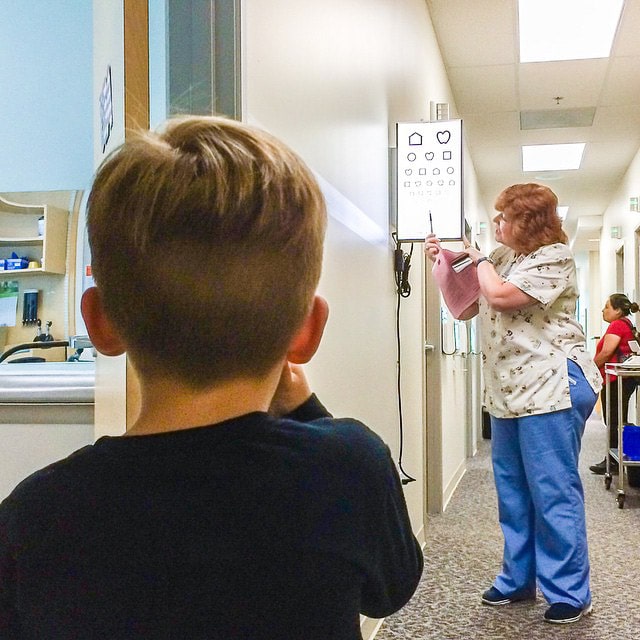The year of yick continues. I mentioned that we started out 2016 with pneumonia and an appendectomy and a whole round of other gnarly stuff. It wasn't the most graceful entry into a new season.

On the bright side, the pharmacist now knows me by name, and I'm getting a real handle on navigating our benefits. Some Boy had to have a physical to enroll in kindergarten the other day, and he was so used to the medical buildings at this point that it didn't even faze him.
Growing up, I had some medical issues as a kid that led to me being completely petrified of the whole system. It took me awhile to overcome that and seek out proper care as an adult. Honestly, I'm proud that we've embraced and prioritized our health to the point that a visit to the doctor doesn't seem like some big ordeal.
Caring for ourselves should be nothing out of the ordinary.
We're still working with UnitedHealthcare, and their topic this month is pharmacy. So I thought I would share some of the helpful pharmacy terms I've learned in my numerous visits there over the last few months.
- Benefits – a service or advantage provided to you by your insurance. Benefits usually include the ability to see a doctor or get a percentage discount off of prescription medication. You can plan and price out your care by getting a written list of benefits from your insurance provider.
- Network – a pre-determined set of medical providers covered by insurance. Certain doctors and pharmacies will be referred to as “in-network,” meaning that your insurance has an arrangement with them to provide for your care. In many cases, you will receive NO insurance benefits at an out-of-network facility, so it's a good idea to look up network locations online or by calling the number on your medical card.
- Generics – medication that is not made by a brand-name company, but is identically formulated. You can often save money by getting a generic version of your prescription, so always ask your doctor if this is an option for you.
- Refill – the number of medication rounds or orders that have been authorized by a doctor. Without a refill in the system, the doctor must be contacted in order to request more medication.
- Prior Authorization or “PA” – if this is noted on a prescription, it means that your doctor needs to tell an insurance provider why you are taking this medication in order to determine benefit coverage
- Tiers – the cost coverage breakdown of prescription medication. Lower-tier prescriptions are less expensive, while higher-tier prescription medications are usually specialty or brand-name drugs that cost more. Insurance breaks down all medications into these “tiers” and has the insured person pay a flat fee or certain percentage of the drug cost, depending on which tier it's in.
What pharmacy terms are confusing for you?